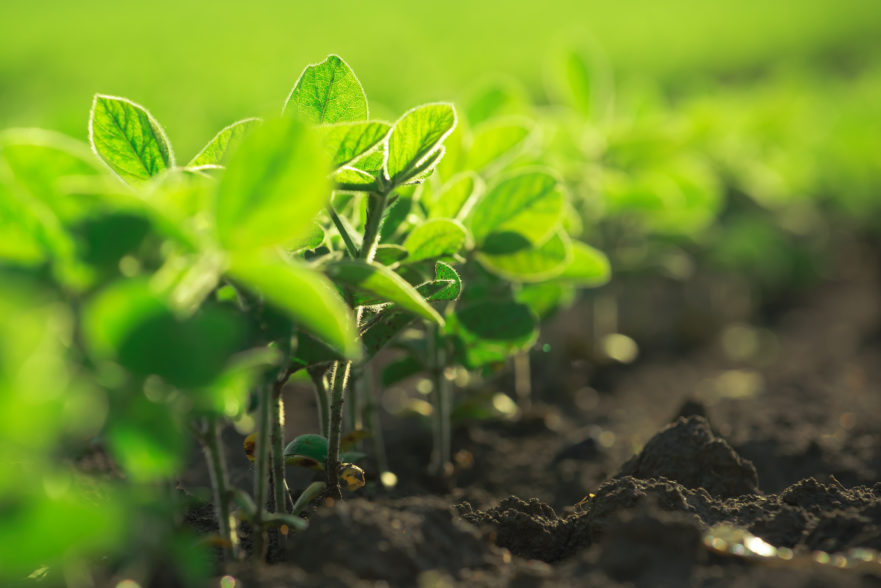 Emerging research reveals a new category of probiotics creates major improvements in gut health, “spore-based organisms.”
Emerging research reveals a new category of probiotics creates major improvements in gut health, “spore-based organisms.”
A recent clinical trial revealed that just 30 days of oral supplementation with Bacillus spores led to an astounding 42 percent decrease in leaky gut syndrome, while the placebo group had a 36 percent increase.
This is the first study to find that short-term probiotic supplementation can physically alter leaky gut.
Why is this so significant? What is leaky gut?
The lining of the intestine is made of millions of cells that create a barrier that controls what gets absorbed into the bloodstream or blocked from entering. When the gut becomes unhealthy, holes develop that allow toxins and bacteria to leak into the bloodstream.
Once toxins and bacteria enter the bloodstream, the body activates an inflammatory immune response to fight off these invaders. The problem with leaky gut is that toxins and other foreign particles from food are constantly leaking into the bloodstream, so the inflammatory response is permanently activated.
Over time, this chronic inflammation can cascade into autoimmune disease through “molecular mimicry.” What happens is that some of the food particles that leak from the gut into the bloodstream have amino acid chains that match, or mimic, the amino acid chains of particular body tissue proteins.
In a chronic inflammatory condition, the immune system can become confused and attack the food particle proteins as well as the body tissue proteins. This is the beginning of autoimmune disease – where the immune system begins to attack the body tissues.
What makes a gut leaky?
Your gut can become leaky for a variety of reasons. It can be the result of antibiotic use, which kills all gut bacteria, even the good ones. Also, over the counter medications, like ibuprofen, lack of sleep, and travel can impact how well your gut functions. Surprisingly, even physical disconnection with nature plays an important role in gut health.
While all these factors affect the permeability of the gut wall, diet is the most common cause of leaky gut. Eating foods high in anti-nutrients will cause tight junctions between cells to loosen and decrease the stability of the gut wall.
What are anti-nutrients?
All living things have a defense mechanism to protect themselves. Since plants or crops cannot run away, anti-nutrients are their internal defenses against predators to ensure their survival and growth. These anti-nutrients are concentrated around the reproductive force of the plant – in the seed or grain.
Unfortunately for us, these natural defense mechanisms disrupt the proper digestion and absorption of nutrients when we consume the plant. What happens is that anti-nutrients bind to micronutrients in the gut so the body is unable to digest or absorb these nutrients effectively. Lectins, in particular, bind to your intestinal wall and create intestinal permeability.
What foods are high in anti-nutrients?
Grains, legumes and nightshades all contain anti-nutrients. Foods such as wheat, rice, quinoa, beans, peanuts, white potatoes, peppers, eggplant and tomatoes are some of the most common sources.
How do you avoid leaky gut syndrome?
To minimize environmental toxin exposure, buy organic products when possible, avoid additives and preservatives, and use non-toxic household cleaning products.
However, one of the best ways to address diet-related gut issues is with the anti-inflammatory Paleo diet with a focus on fermented foods.
Debunking probiotics
Another option is to supplement with probiotics.
We all know that it is important to incorporate yogurt and fermented foods into our diet to feed the microbiome, yet the latest research offers evidence that the most common probiotics found in foods and supplements, Lactobacilli and Bifidobacteria, are not that beneficial because they cannot survive digestion.
However, a new category of probiotics, spore-based probiotics, can easily outlive traditional probiotics due to their naturally protective shell, which allows them to survive digestion and become incorporated into the microbiome. They are sustainable within the gut and can remain stable through digestive processes.
Interestingly, spore probiotics were a part of our lives for hundreds of thousands of years. These organisms live in soil. So when Ancestral humans walked barefoot in the dirt and consumed unwashed food covered in dirt these organisms helped them to maintain a healthy microbiome.
Since most of us in the modern world don’t spend our days walking barefoot in dirt, nor are we eating dirt-covered food, many of us are deficient in these keystone microbes.
Two relatively new probiotics MegaSporeBiotic and JustThrive (used in the above mentioned clinical trial), contain a blend of Bacillus spores to support the body by healing and protecting against a leaky gut.
Bacillus coagulans, one of the components of the spore probiotic formula, soothes intestinal inflammation and plays a key role in digestion and absorption of nutrients. Bacillus indicus produces antioxidants at the site of absorption and helps the body combat oxidative stress on the intestinal lining, reducing free radicals.

